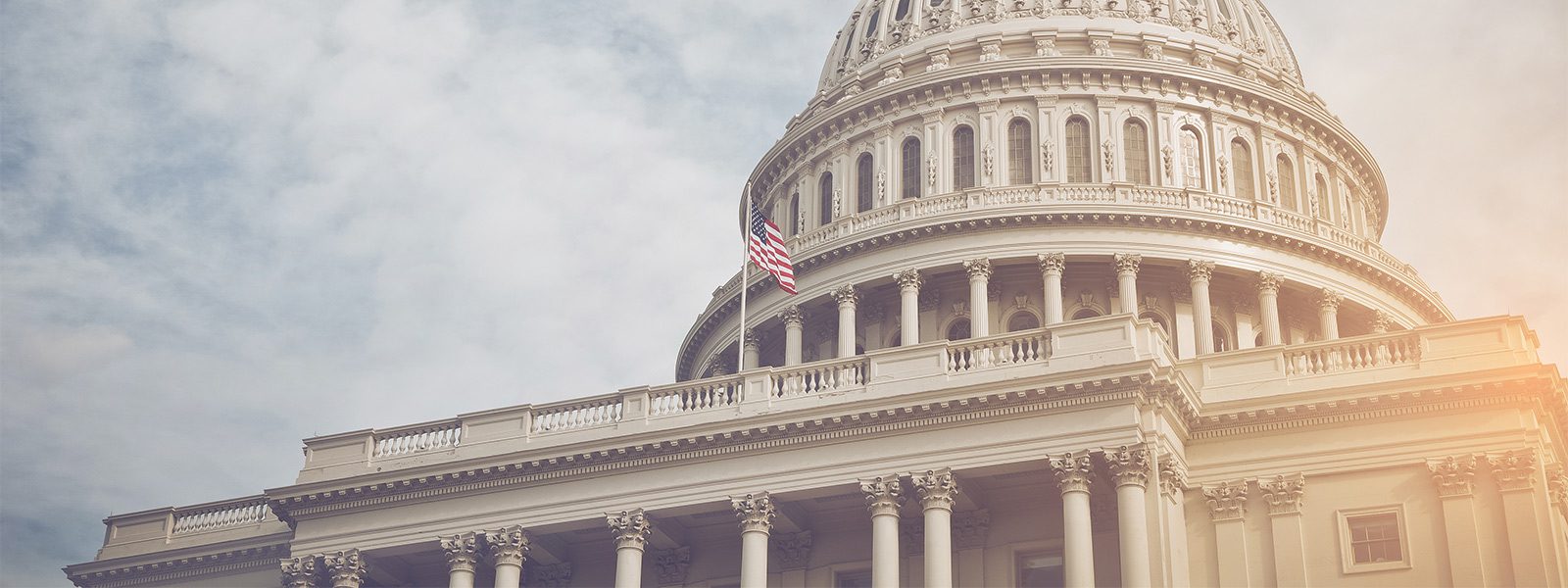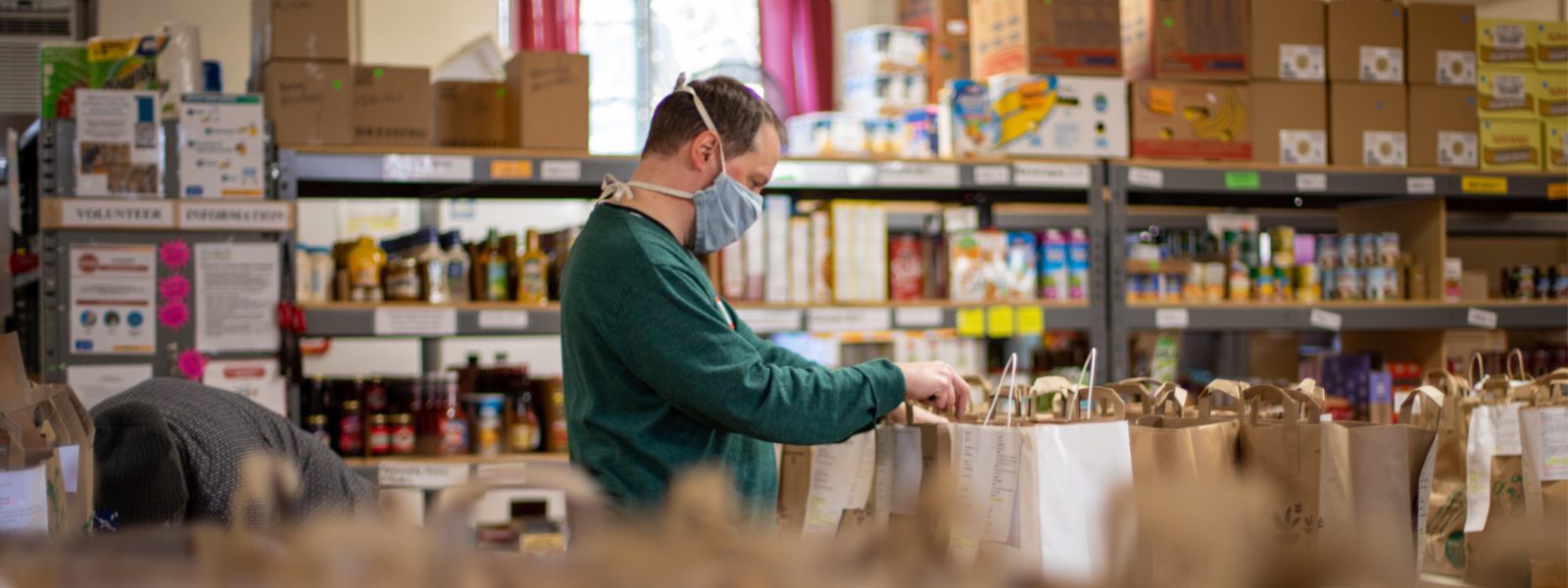The global pandemic shined a spotlight on a range of long-time challenges and many essentials that we have taken for granted. Perhaps one of the least exciting, but critically important challenges for the nonprofit sector that emerged in 2020 was the lack of real-time information about organizations. Like toilet paper and child care, the shortage of essential data on nonprofits became apparent just as we needed it most.
Shortage of the Essentials
Policymakers, grantmakers, and donors all sought data to understand how best to support nonprofits throughout the pandemic. But because Internal Revenue Service tax forms are the sector’s primary source of nonprofit data, the information needed to assess the well-being of nonprofits often is up to two years old. Without real-time data, the sector cannot pinpoint the type of help nonprofits need from policymakers and funders. As a result, the sector saw a spike in the circulation of quick, informal surveys last year to gather real-time data, while businesses were able to check daily stock prices and quarterly government employment reports to assess their sector’s needs.
Users of the Independent Sector 2020 Health of the U.S. Nonprofit Sector report indicated that the aggregated information about COVID impact is one of the most valuable aspects of the report. However, the report notes that while many of the COVID indicators were timely, they were not necessarily representative of the entire sector. For this reason, it recommends nonprofit practitioners and researchers work together to identify ways to improve the quality and timeliness of nonprofit data.
Improve the Supply Chain
The process to improve nonprofit data kicked off in January 2021, when researchers and practitioners convened to discuss opportunities in the next six months to improve the quality and timeliness of nonprofit data. They identified a wide range of areas where we could collaborate, including opportunities to establish standard practices for collecting racial equity data and creating infrastructure to support research to rapidly respond to the sector’s information needs (like during COVID). The group discussion primarily focused on two major opportunities for collaboration in the coming months:
- Advocate for federal agencies to release nonprofit data on a timely basis; and
- Coordinate sector survey efforts to improve data quality, beginning with an annual panel survey of nonprofits.
Get Involved
If you want to play a role in driving the availability of higher-quality, timely information about nonprofits there are two actions you can take. First, encourage members of your network who received a National Survey of Nonprofit Trends and Impact from the Urban Institute to participate. The survey is a partnership among Independent Sector, Urban Institute, American University, and George Mason University to assess a wide range of variables to get a holistic view of the status of nonprofits.
With the ongoing pressures placed on nonprofits and their communities by COVID, and the constantly changing economy, representative research is needed more than ever. National decision-makers still need reliable data to understand how to support nonprofits as this crisis stretches into its second year. Not only will the Urban Institute survey identify national data, it also is designed to disaggregate data to identify the extent to which COVID has disproportionately impacted some parts of the sector. Because the survey intentionally collects a representative sample of nonprofits, researchers hope to identify whether the experience of nonprofits varies by organization size, geography, or demographic make-up of leadership.
Second, we would love for you to participate in future convenings or working groups to help move the needle toward better nonprofit research. If you are interested in contributing your voice or expertise, please contact Independent Sector’s policy team at publicpolicy@independentsector.org.



